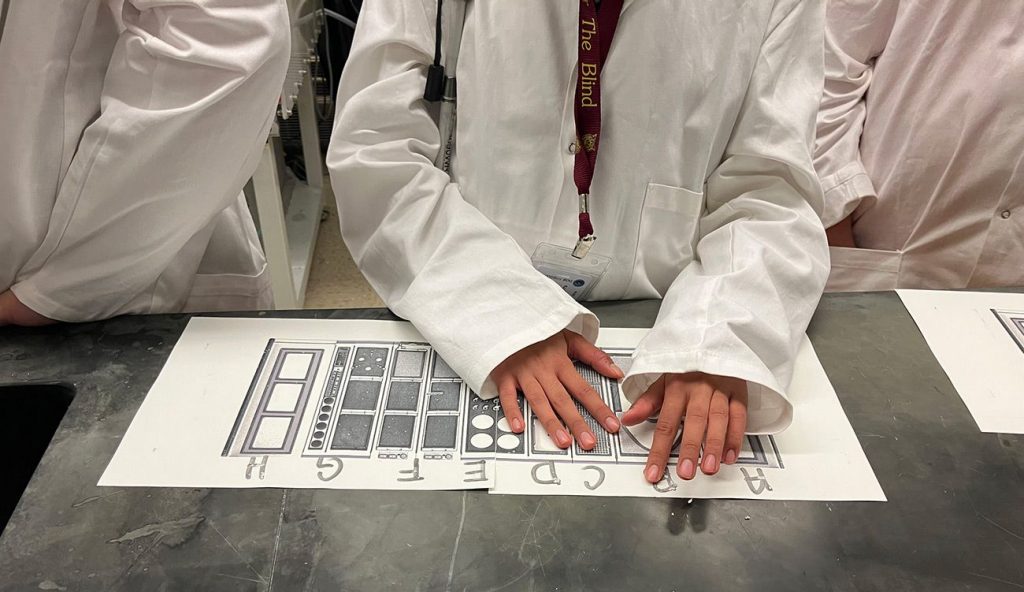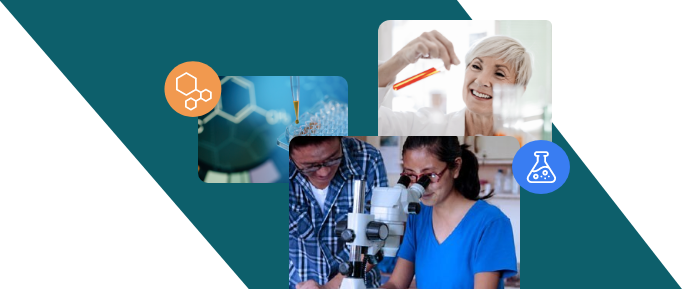
Live virtual event
May 9, 2024 | 2–3 PM ET
60 minutes
Diversity
Chemistry Education
What interventions can educators use to make science accessible to children, adolescents, and adults with partial or complete blindness?
Today, technologic interventions can utilize universal designs that help students with visual impairments learn and do science more easily. Join Bryan F. Shaw, Professor of Chemistry & Biochemistry at Baylor University as he discusses key tools and interventions like the use of light-scattering tactile graphics (“lithophanes”) as universal 2D graphics, oral somatosensory perception of 3D models, and expands the discussion to include the design of 3D printed tools and robotics that make science experiments accessible to people with diverse physical and visual abilities.
This ACS Webinar is moderated by Cary Supalo of Educational Testing Service and Annabelle Lolinco of Iowa State University and is co-produced with the ACS Division of Professional Relations.
What You Will Learn
Meet the Experts
Keep learning. Excel in your career.
Choose from more than 200 courses in seven different categories, taught by experts in the chemistry community, online and in person.
